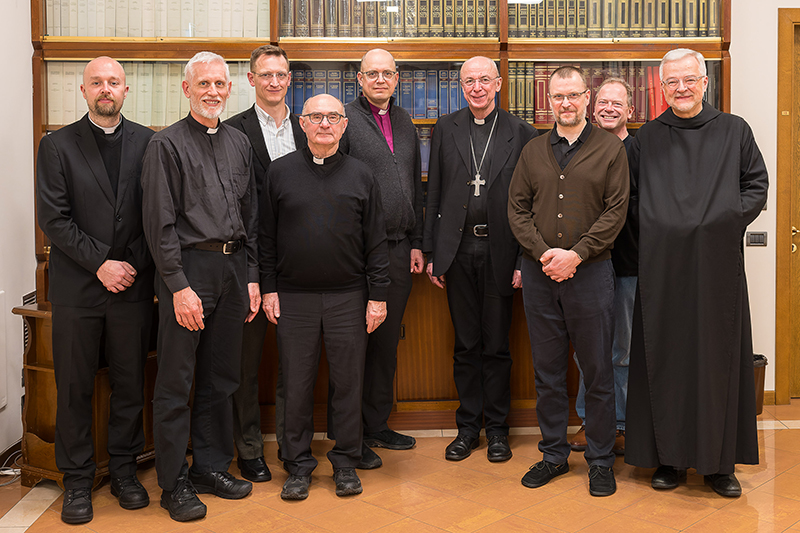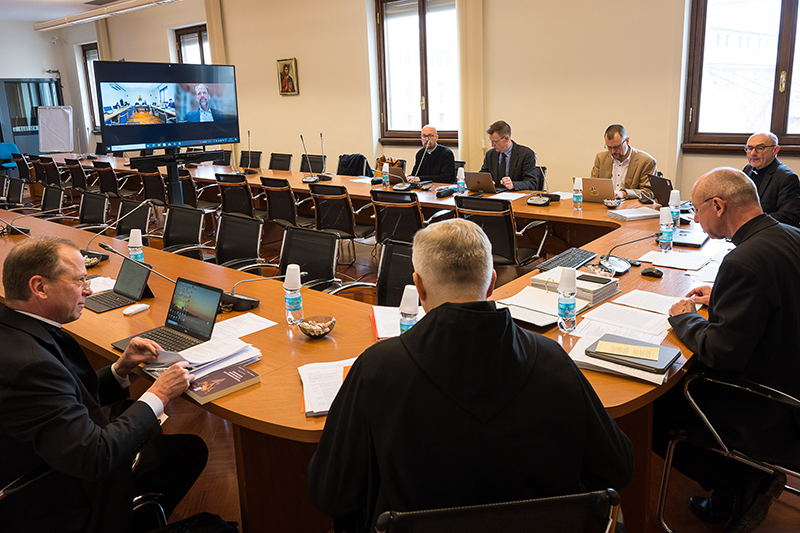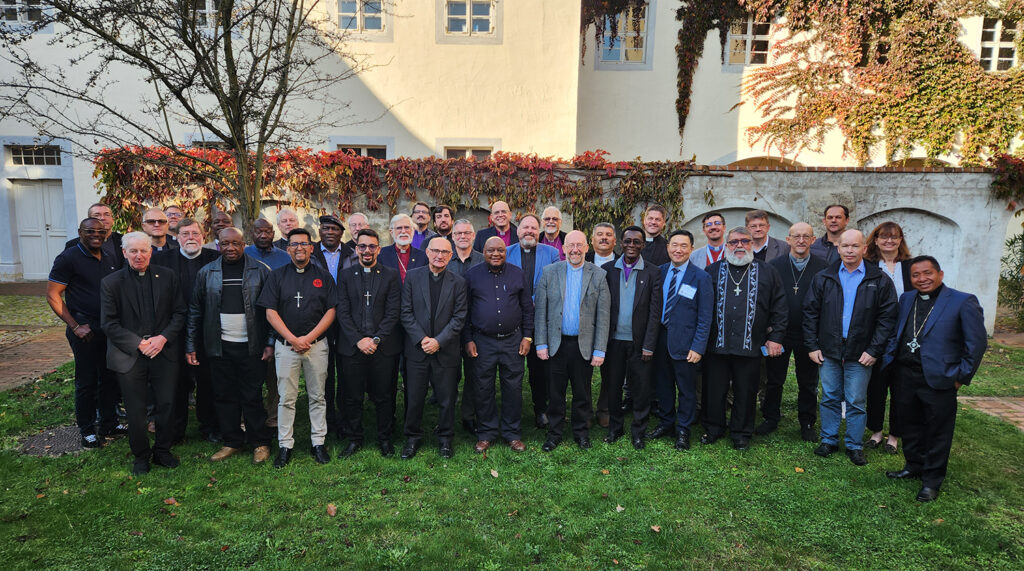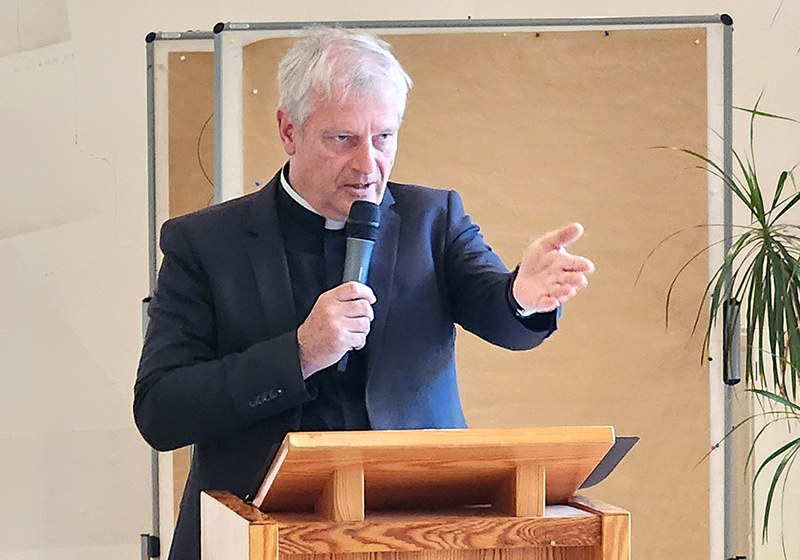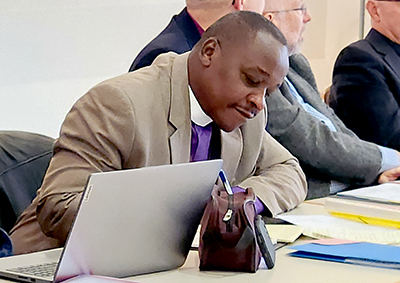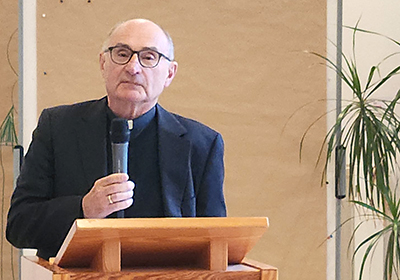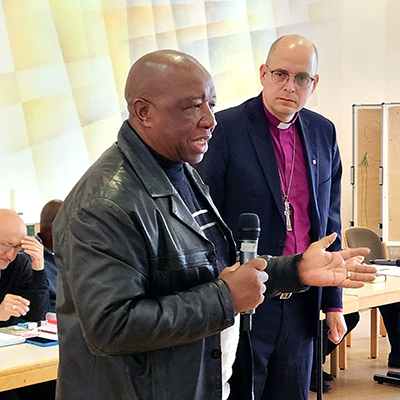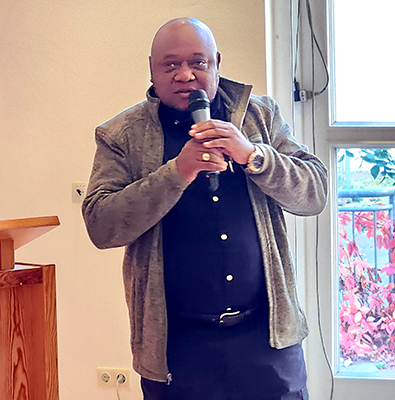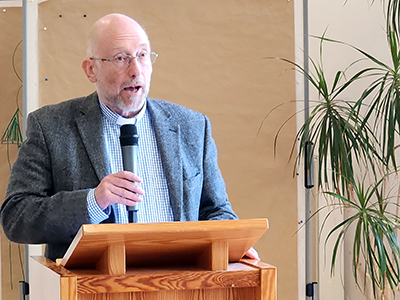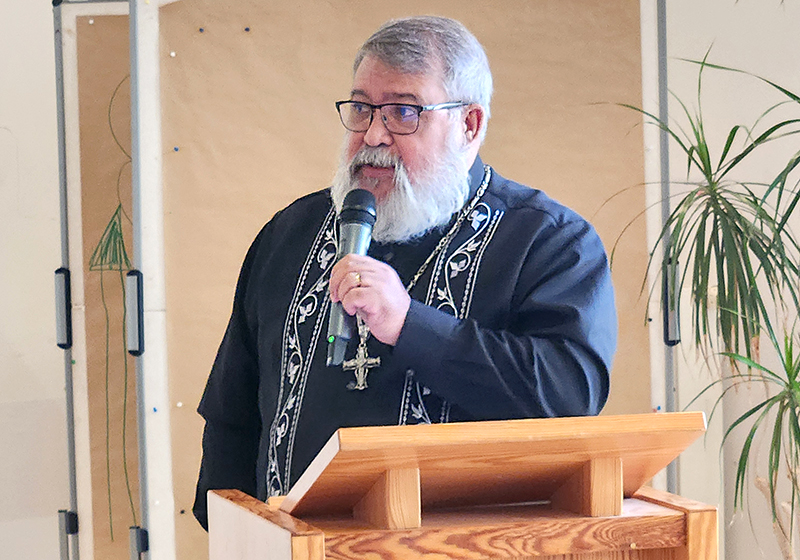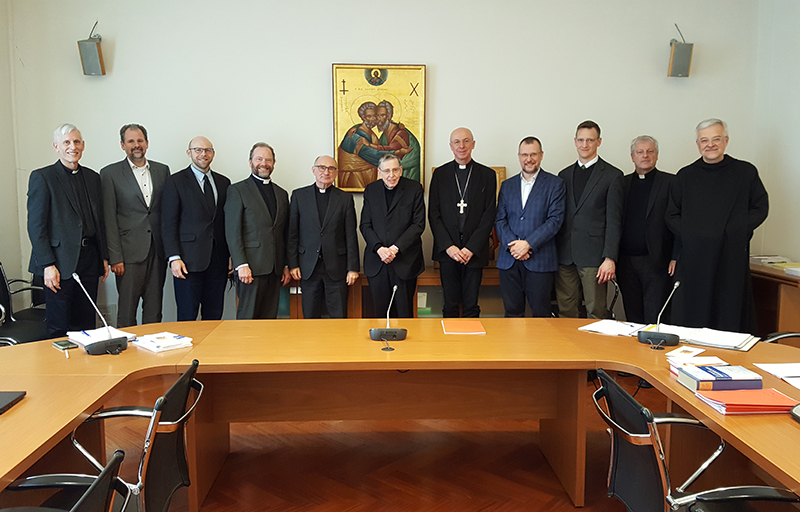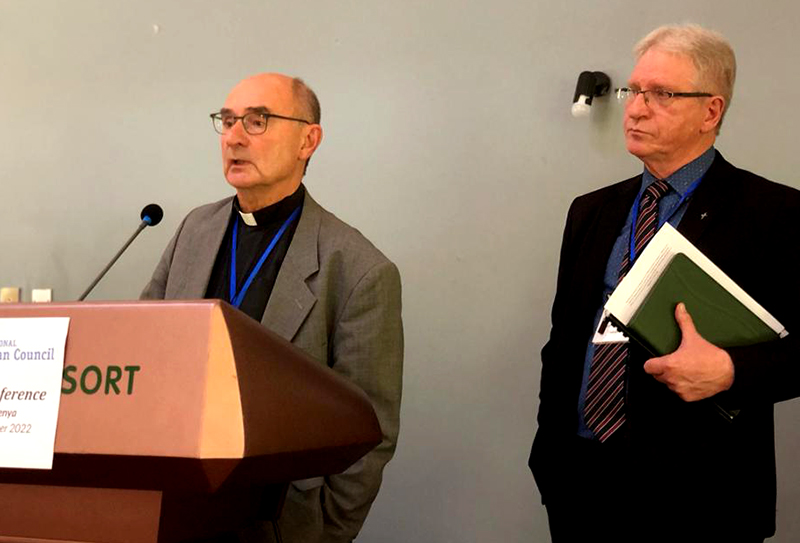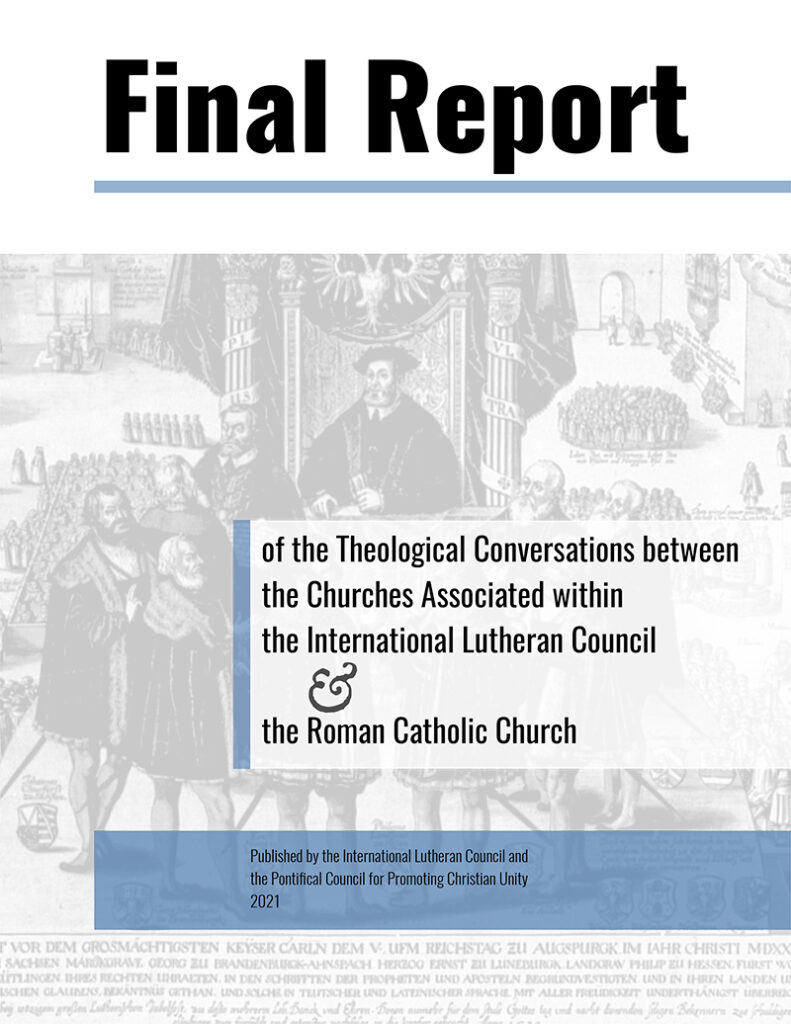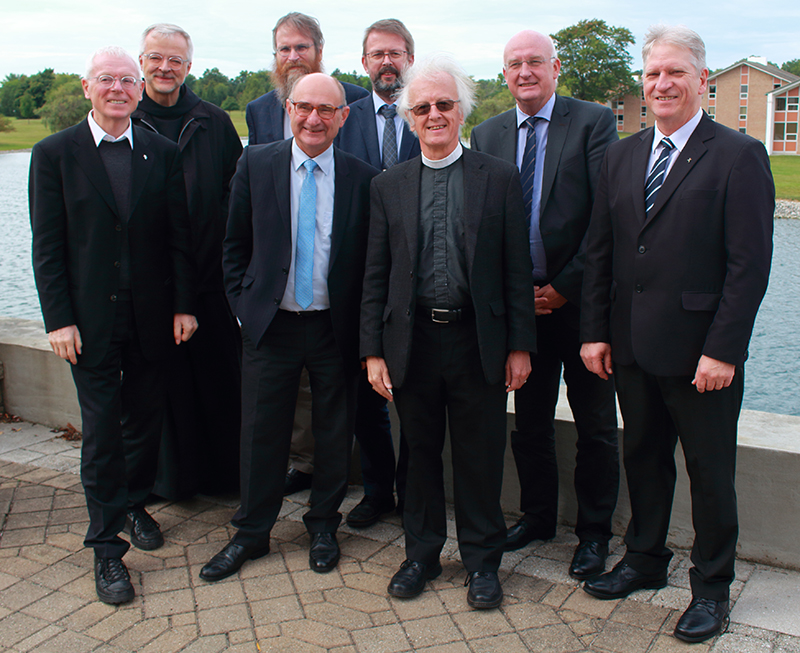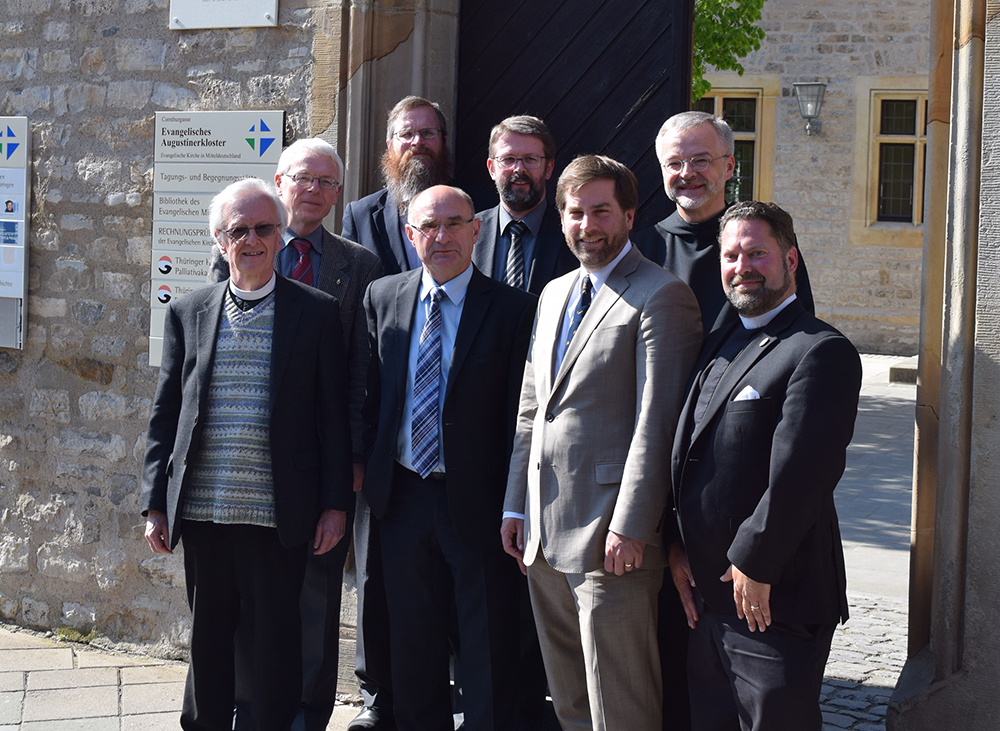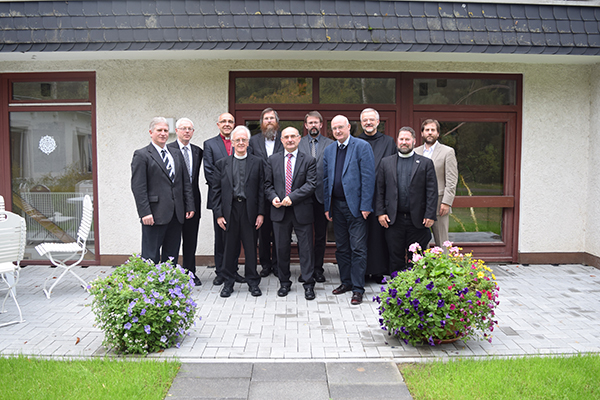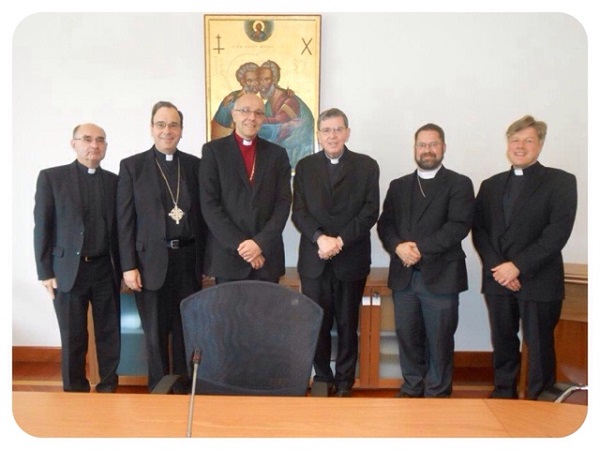by Werner Klän
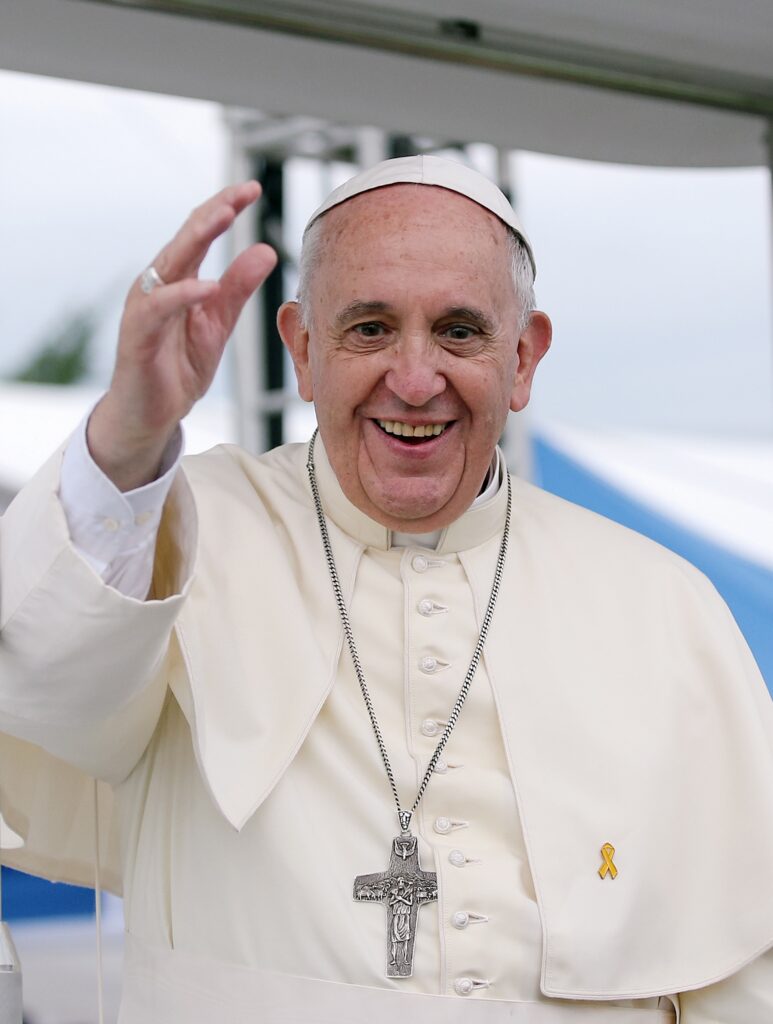
On the morning of Easter Monday 2025, Pope Francis died after a thirteen-year pontificate. He had last exercised his office despite severe health difficulties. He gave the traditional blessing “Urbi et Orbi” on Easter Sunday, visibly exhausted.
The papal name that Jorge Mario Bergoglio chose after his election as head of the Roman Catholic Church was emblematic: Francis. Never before had a pope named himself after the 13th century saint from Assisi.
Pope Francis campaigned for the church to be a church of the poor. His multifaceted commitment to refugees and those on the margins of society was characterized by this role model. He wanted to follow Jesus’ example by washing the feet of prison inmates on Maundy Thursday—which he was unable to do this year. The fact that he addressed admonishing words to politicians on the issue of migration, particularly in Europe, is probably linked to his family history: his grandparents, who wanted to emigrate from Italy to Argentina, missed the first ship, which sank.
Francis was a “political” pope in many respects. He did not shy away from describing the prevailing global economic order as “deadly” (Evangelii Gaudium, 2013). He addressed environmental issues (Laudato si’, 2015) and saw the exploitation of the earth as a threat to people’s livelihoods, particularly in the “Third World”.
These and other statements by Pope Francis were not without controversy. The participation of lay people and women in the Synod of Bishops, the appointment of women to top positions in the Vatican and the approval of the blessing of homosexual couples earned him harsh criticism, even from within his own church. “Conservative” bishops and cardinals took a public stand against these measures. “Reform-minded” Catholics did not think his proposals went far enough. When dealing with the cases of abuse of children and wards by Catholic priests, he made an initial plea for forgiveness as early as 2014, but the processing of this injustice has so far fallen short of the expectations of those affected by abuse in particular.
Even though Francis repeatedly sent out reformist signals, there have been no changes to the teachings of the Catholic Church. For example, he consistently refused to open the way for the ordination of women to the priesthood. Pope Francis was also critical of the “Synodal Way” in the German Catholic Church, which sought far-reaching reforms. This shows in all clarity that the Roman Catholic Church is not as homogeneous as it may sometimes appear from the outside.
Francis also stands for an “ecumenism of religions”. He has set the tone in interreligious dialogue, especially with Islam. In 2019, for example, he signed a document on “Human Fraternity” with the Grand Imam of Cairo’s Al-Azhar University. In September 2024, he took part in a meeting in Asia’s largest mosque in Jakarta, where he spoke out in favor of continuing the dialogue between religions with the aim of “banishing rigidity, fundamentalism and extremism”. His objection to all forms of anti-Semitism remains remarkable.
In a vespers for the Week of Prayer for Christian Unity—during the 2025 Holy Year proclaimed by him—the Pope also recalled the 1700th anniversary of the Council of Nicaea (325) and called the celebration of Easter by Western and Eastern churches on the same date (April 20, 2025) “an opportunity for all Christians who speak the same creed and believe in the same God: let us rediscover the common roots of faith, let us preserve unity!” He then suggested finally setting a common Easter date for all Christians and churches as a sign of unity.
At the Lutheran World Federation’s celebrations to mark the 500th anniversary of the Reformation in Lund/Sweden in 2016, Pope Francis spoke out in favor of Lutherans and Catholics “overcoming controversies and misunderstandings that have often prevented us from understanding each other.” Representatives of both churches asked for forgiveness for the suffering caused by the division of the Western Church.
Certainly, Concordia Lutheran churches cannot agree with some of Pope Francis’ statements and initiatives. It also remains to be seen whether and which of them will be continued or withdrawn under a new pope. Nevertheless, the International Lutheran Council (ILC) is also committed to continuing the dialogue with the Roman Catholic Church, not least in view of the commemoration of the presentation of the Augsburg Confession in 2030.
This takes place under the chairmanship of Bishop Dr. Juhana Pohjola (Evangelical Lutheran Missionary Diocese, Finland, and Chairman of the ILC) and Auxiliary Bishop Dr. Peter Birkhofer (Archdiocese of Freiburg im Breisgau, Germany) in the “Concordia Lutheran-Catholic Augustana Working Group”, an ecumenical format of its own. Since 2024, the participants have been discussing the topics of “Catholicity and Apostolicity in the Augsburg Confession” from a pre-confessional and ecumenical perspective. In 1530, Western Christendom was not yet divided and the Augsburg Confession was a document intended to preserve the church’s unity.
It has to be maintained that the working group is not an official dialogue commission. The aim is not to produce a church consensus document. The publication of the joint research results should, however, indirectly enrich the ecumenical discussion. After all, the Lutheran confession makes a “catholic” claim—in the best sense of the word. This also represents an obligation for us in the ILC, to remain in dialogue with the Roman Catholic Church.
——————–
Rev. Dr. Werner Klän is a member of the Concordia Lutheran-Catholic Augustana Working Group. This article is also available in German here.

